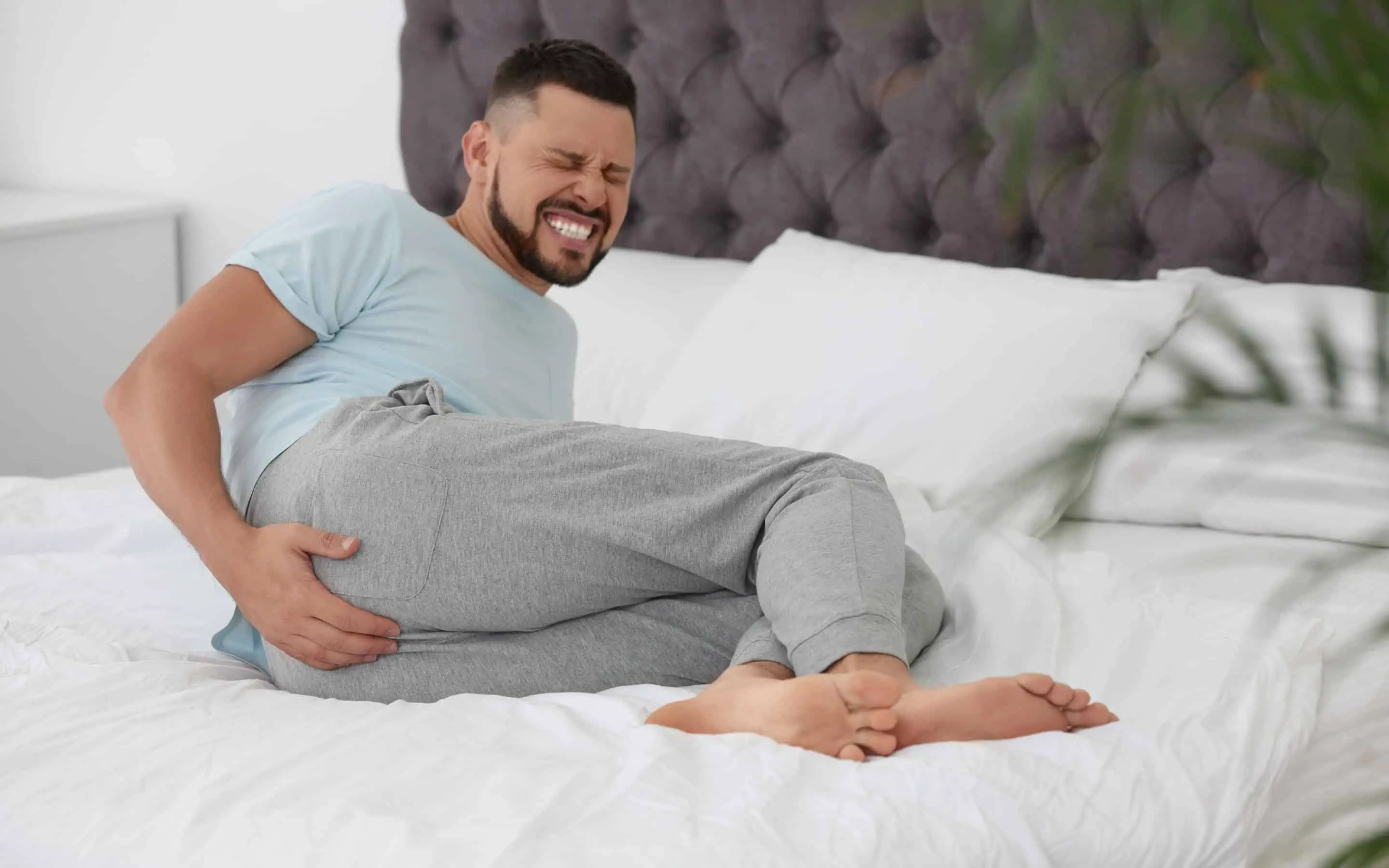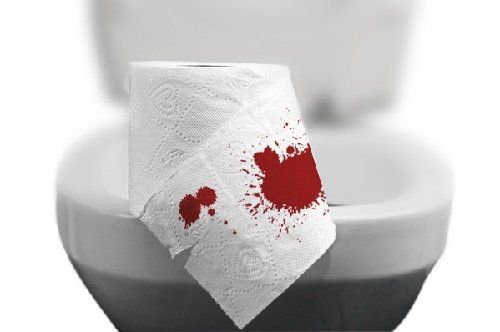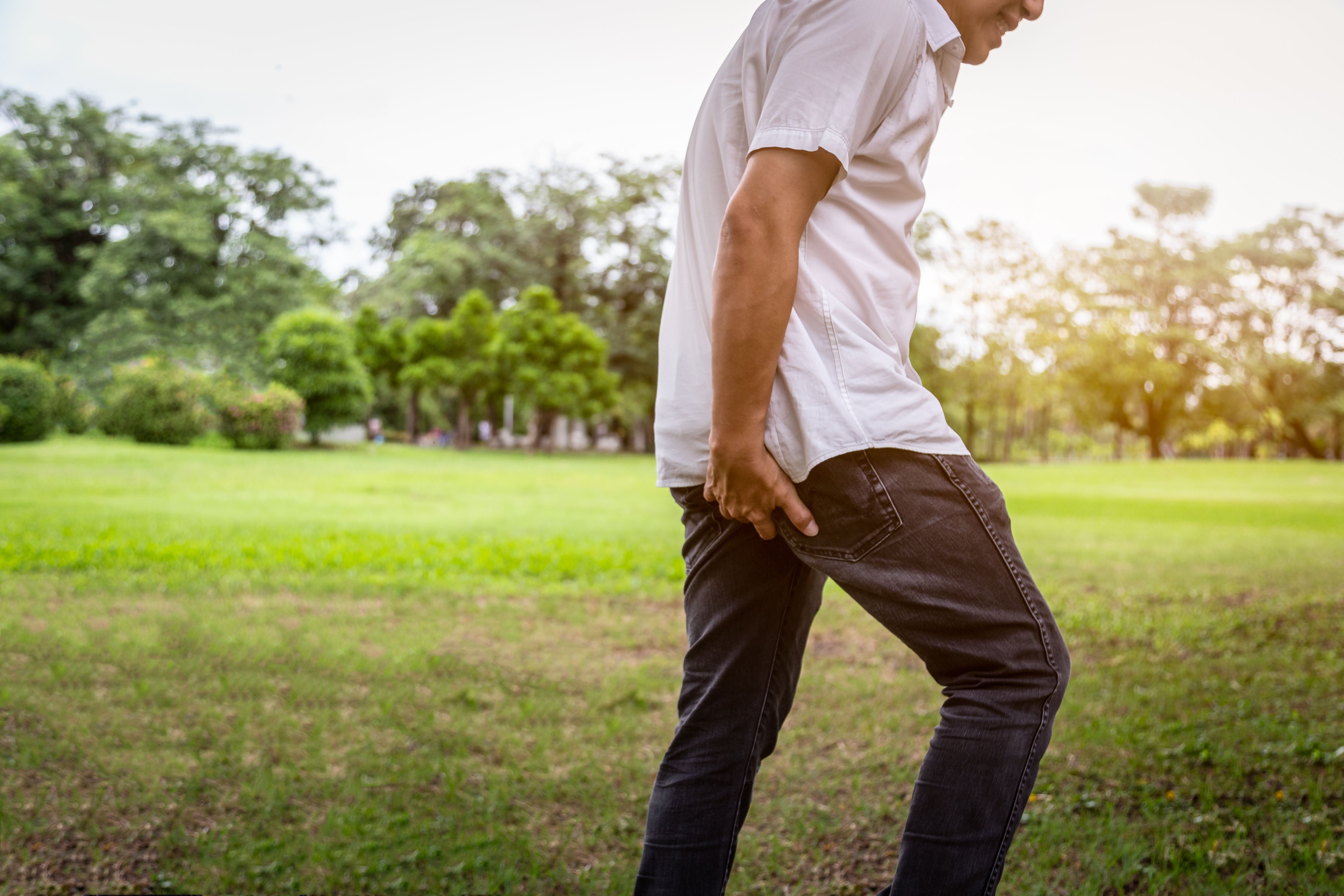Signs & Symptoms of Hemorrhoids
Treatment for Hemorrhoids
5/20/2024
Signs You Need Hemorrhoid Medication
What are the signs that you need hemorrhoid medication?
- Persistent pain or discomfort in the anal area
- Bleeding in stool and after urinating
- Itching and irritation with a burning sensation
- Swelling or lump near the anus
- Straining during bowel movements
Overview
- The reluctance to openly discuss hemorrhoids can lead to ignoring signs that require medication, posing a risk of the condition worsening.
- Symptoms like persistent pain, bleeding, itching, burning sensation, swelling, and straining during bowel movements indicate the need for medical evaluation and treatment.
- Seeking prompt medical advice, practicing good hygiene, maintaining a fiber-rich diet, and using over-the-counter medications can help alleviate discomfort when dealing with hemorrhoids.

Introduction
Hemorrhoids are a condition that many experience. It transcends age, gender, and lifestyle. Despite their commonality, with a significant portion of the population experiencing symptoms, the discourse surrounding it remains shrouded in embarrassment. That’s why the signs that you need hemorrhoid medication are often neglected, posing a danger of developing them into an even bigger problem.
In this article, we will discuss the indications that you might have them, as well as the ways you can solve and prevent this condition. This helps you prevent longer pain in secret and live a more comfortable life.

Persistent Pain or Discomfort in the Anal Area
Hemorrhoids are swollen and inflamed veins in the rectum and anus1. One of its most prevalent symptoms is persistent pain and discomfort in the anal region. This can feel like a constant ache or sharp pain, particularly when sitting down or during bowel movements2.
The pain can also vary in intensity and type, so it’s important to monitor its symptoms to know its severity. Here’s how:
- Note the frequency and duration of pain: Keep track of how often you experience pain or discomfort in the anal region and how long it lasts. This information can help healthcare providers assess the severity of your symptoms.
- Identify triggers: Take note of any specific activities or factors that worsen your hemorrhoid pain, such as straining during bowel movements, sitting for long periods, or certain foods that may aggravate your symptoms.
- Monitor changes in pain intensity: Be aware of any changes in the intensity of your hemorrhoid pain over time. If it becomes more severe or persistent, it may indicate the need for medical evaluation and treatment.

Bleeding in Stool and After Urinating
The presence of blood in the stool or on toilet paper after urination is one of the most obvious signs that you have hemorrhoids3. This is known as rectal bleeding, which can be alarming and may cause distress to individuals experiencing it.
This happens typically due to the irritation and swelling of the blood vessels in the anal area4. The blood may appear as bright red streaks on the toilet paper, in the toilet bowl, or mixed with your stool.
This is usually not a cause for immediate concern. However, it’s still important to have it evaluated by a healthcare provider to confirm the diagnosis and rule out other potential causes of rectal bleeding.

Itching and Irritation with a Burning Sensation
Hemorrhoids can often cause persistent itching, irritation, and a burning sensation around your anus. The urge to scratch the affected area exacerbates discomfort, while the burning sensation makes simple activities like sitting, walking, and using the bathroom challenging5—impacting your daily life.
Remember that hygiene is key. It’s important to keep your anal area clean and dry. When the itch persists, remember to do warm water soaks. Taking over-the-counter medicines like MPFF: Diosmin + Hesperidin (Daflon® 1000) and applying treatments containing ingredients like witch hazel or hydrocortisone also helps manage the symptoms.
Moreover, consuming a fiber-rich diet, staying hydrated, and avoiding prolonged sitting or straining during bowel movements can help alleviate discomfort. If your symptoms persist or worsen, seeking medical advice from a healthcare provider is essential for exploring additional treatment options.

Swelling or Lump Near the Anus
Noticing a lump near the anus is also a sign of hemorrhoids6. It may feel like a hard or soft swelling around the anal area. The sensation upon touching it can range from mildly uncomfortable to quite painful. It’s essential to address this promptly by seeking medical advice to determine the appropriate course of action.
If you want to examine the lump, proceeding with gentle care is important. Begin by washing your hands thoroughly and using a mirror or adjusting your position for better visibility. Next, feel around the anal area gradually for any abnormal swelling, bulges, or lumps. Take note of any tenderness or discomfort7.
Remember to handle the affected area with sensitivity and restraint during your self-examination. Don’t hesitate to consult a medical professional for a proper evaluation and advice on treatment options, especially if you have concerns or persistent symptoms.

Straining during Bowel Movements
When hemorrhoids are present, passing stool can become a challenging and uncomfortable process. The inflammation in the veins puts pressure on the surrounding tissues, making it harder for the stool to pass through smoothly. This causes individuals to strain and push harder during bowel movements, leading to increased stress on the rectal area.
As a result of the straining, the delicate tissues can become further irritated and inflamed, worsening the symptoms. The friction and pressure from pushing can also cause them to swell even more, creating a vicious cycle of discomfort and difficulty during bowel movements.
Key Takeaway
Checking in with the doctor, attending to the signs that you need hemorrhoid medication, and not being hesitant about how you feel can impact your health. This helps you with your healing process.
Don't let embarrassment hinder you from addressing these concerns; instead, prioritize your health and well-being. Take control of your comfort and well-being by buying MPFF: Diosmin + Hesperidin (Daflon® 1000) today! Don't let hemorrhoids dictate your comfort—make the proactive choice for relief and consider MPFF: Diosmin + Hesperidin (Daflon® 1000).
REFERENCES
- Hemorrhoids. (n.d.). Johns Hopkins Medicine. https://www.hopkinsmedicine.org/health/conditions-and-diseases/hemorrhoids
- Professional, C. C. M. (n.d.). Anal pain. Cleveland Clinic. https://my.clevelandclinic.org/health/symptoms/anal-pain
- Dunkin, M. A. (2010, August 30). Blood in stool: causes and treatment. WebMD. https://www.webmd.com/digestive-disorders/blood-in-stool
- Hemorrhoids - Symptoms and causes - Mayo Clinic. (2023, August 25). Mayo Clinic. https://www.mayoclinic.org/diseases-conditions/hemorrhoids/symptoms-causes/syc-20360268
- Institute for Quality and Efficiency in Health Care (IQWiG). (2017, November 2). Enlarged hemorrhoids: Overview. InformedHealth.org - NCBI Bookshelf. https://www.ncbi.nlm.nih.gov/books/NBK279467/
- Website, N. (2022, November 1). Piles (haemorrhoids). nhs.uk. https://www.nhs.uk/conditions/piles-haemorrhoids/
- Institute for Quality and Efficiency in Health Care (IQWiG). (2017, November 2). Enlarged hemorrhoids: Overview. InformedHealth.org - NCBI Bookshelf. https://www.ncbi.nlm.nih.gov/books/NBK279467/
2026